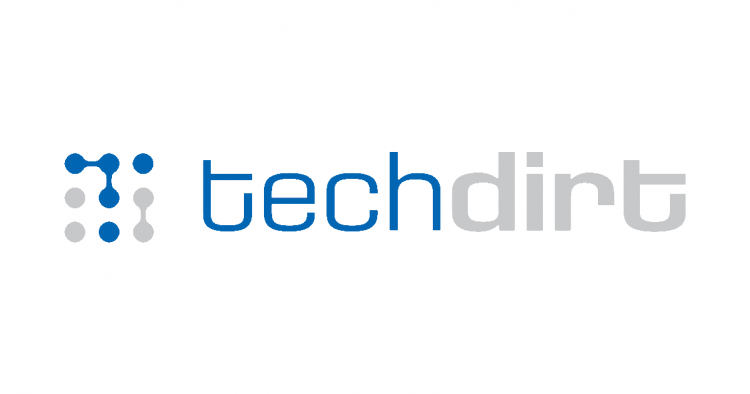from the call-it-what-it-is dept
Early last year, Indonesia implemented a new internet regulation law. Referred to as “MR5,” the law gave the government the power to engage in widespread blocking of content. Not only did the law create intermediary liability, it required any site offering services to Indonesian representatives to register with the government. On top of that, service providers were expected to give law enforcement full access to any user content, including private communications and privately stored content.
On top of the normal sort of illegal content, service providers were supposed to proactively monitor user content to remove “prohibited information,” a catch-all term that includes such uber-vague things like content that “creates community anxiety” and blasphemy of the government’s preferred god(s). Providers are also supposed to monitor internet traffic to detect circumvention efforts, like VPN usage.
The law survived a legal challenge later that year. Indonesia’s apparently misnamed “Constitutional Court” said the law was constitutional. And it gave the government the power to pull the plug on platforms and services that did not comply with its draconian demands.
The law is finally starting to pay off for the Indonesian government. The residents of the country not so much, as this report from Reuters explains.
Indonesia has blocked search engine website Yahoo, payments firm PayPal and several gaming websites due to failure to comply with licensing rules, an official said on Saturday, sparking a backlash on social media.
[…]
Semuel Abrijani Pangerapan, a senior official at Indonesia’s Communications Ministry, said in a text message websites that have been blocked include Yahoo, PayPal and gaming sites like Steam, Dota2, Counter-Strike and EpicGames, among others.
These companies apparently called Indonesia’s bluff. But the government wasn’t bluffing. While other US companies like Meta and Alphabet engaged in some last-minute filings, these companies did not, leading to the government engaging in court-blessed plug-pulling.
While people may be able to tolerate the loss of Yahoo and access to game libraries, they’re not to tolerate losing access to their money. Blocking PayPal inevitably means separating people from funds or a source of funds. The backlash has worked… at least in terms of one of the sites blocked.
Semuel Abrijani Pangerapan, a senior official at Indonesia’s Communications Ministry, told an online briefing on Sunday the government is opening access to PayPal for five working days.
“Hopefully that is enough time for users to migrate, get their money and find other services,” he said, adding that there had been no communication yet from PayPal.
That won’t be nearly enough time. It’s unlikely every Indonesian with a PayPal account is aware of the blocking. People who’ve broken no laws (nor insulted the government’s gods) are losing access to their own money simply because the Indonesian government feels it needs to directly control foreign internet companies. And if you can show you have foreign tech behemoths comfortably under your heel, you’ll greatly reduce the amount of local dissent you’ll have to deal with.
This is how the government is spinning this move:
Authorities would unblock the websites if they comply with registration rules, Semuel said, defending the measure as protection for Indonesian internet users and the digital ecosystem.
Cutting Indonesians off from their money doesn’t really sound like “protection.” And if you’re willing to unilaterally eliminate access to services and platforms used by millions of residents, you’re not really “protecting” the “digital ecosystem.” All the government is doing is protecting itself. This move solidifies its grip on the internet and makes it clear to service providers all over the world it has no qualms about hurting its own citizens to maintain this control.
Filed Under: censorship, content blocking, content moderation, indonesia, intermediary liability, mr5
Companies: paypal
Source by www.techdirt.com


























